Search
Search Results
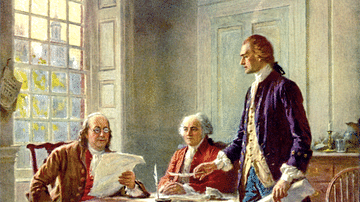
Article
Natural Rights & the Enlightenment
The idea of natural rights is the concept used in philosophy and legal studies that a person has certain rights from birth and which, because they were not awarded by a particular state or legal authority, cannot be removed, that is, they...

Definition
State of Nature
The state of nature is an idea which became especially popular with certain philosophers during the Enlightenment, notably Thomas Hobbes (1588-1679), John Locke (1632-1704), and Jean-Jacques Rousseau (1712-1778). It refers to a state of existence...
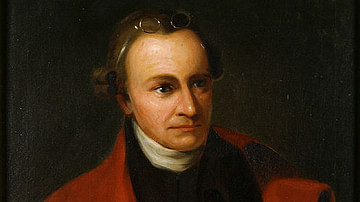
Definition
Patrick Henry
Patrick Henry (1736-1799) was a Virginian lawyer and politician who played a vital role in the American Revolution (c. 1765-1789). Known for his brilliant oration, including the famous Give Me Liberty or Give Me Death speech, Henry served...
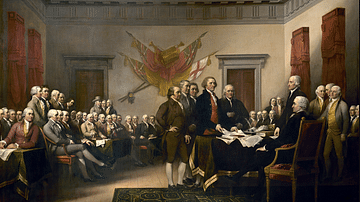
Definition
Second Continental Congress
The Second Continental Congress was the body of delegates that governed the Thirteen Colonies and, later, the United States during the American Revolutionary War. Between its first session in May 1775 and its disbandment in March 1781, the...
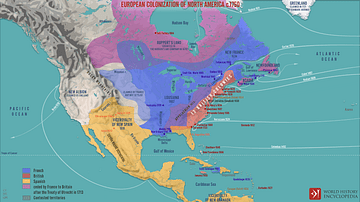
Image Gallery
5 Maps on the Origins of the United States
In this gallery of five maps, we examine the creation and expansion of the United States from the colonization of North America by European powers to the routes of the explorers who pushed ever westwards to the Pacific coast. Here we can...
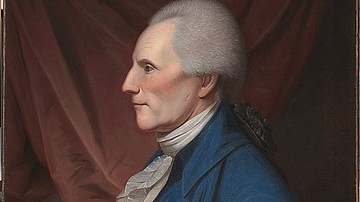
Definition
Richard Henry Lee
Richard Henry Lee (1732-1794) was an American politician from Virginia, who played a significant role in the American Revolution (1765-1789), particularly in the push for independence. A member of the prominent Lee family of Virginia, he...
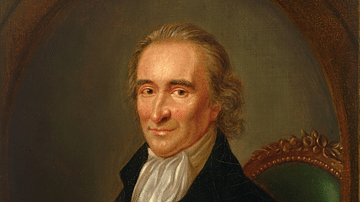
Definition
Thomas Paine
Thomas Paine (1737-1809) was an Anglo-American Enlightenment thinker whose radical ideas were taken up by revolutionaries in both the American Revolution (1765-1783) and the French Revolution (1789-1799). A Founding Father through his influence...
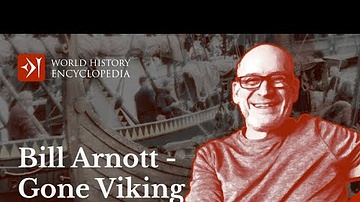
Video
Gone Viking with Bill Arnott - the three-part Viking Travel Sagas!
Bill Arnott guides readers on this bestselling literary odyssey, following history’s most feared and misunderstood voyageurs - the Vikings! To “go viking” is to embark on an epic journey. For eight years Bill Arnott journeyed throughout...
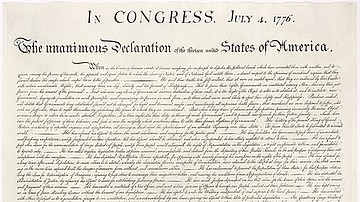
Article
Declaration of Independence
The Declaration of Independence is the foundational document of the United States of America. Written primarily by Thomas Jefferson, it explains why the Thirteen Colonies decided to separate from Great Britain during the American Revolution...
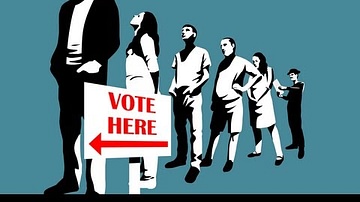
Video
The Fight for the Right to Vote in the United States - Nicki Beaman Griffin
View full lesson: http://ed.ted.com/lessons/the-fight-for-the-right-to-vote-in-the-united-states-nicki-beaman-griffin In the United States today, if you are over eighteen, a citizen, and the resident of a state, you can vote (with some...